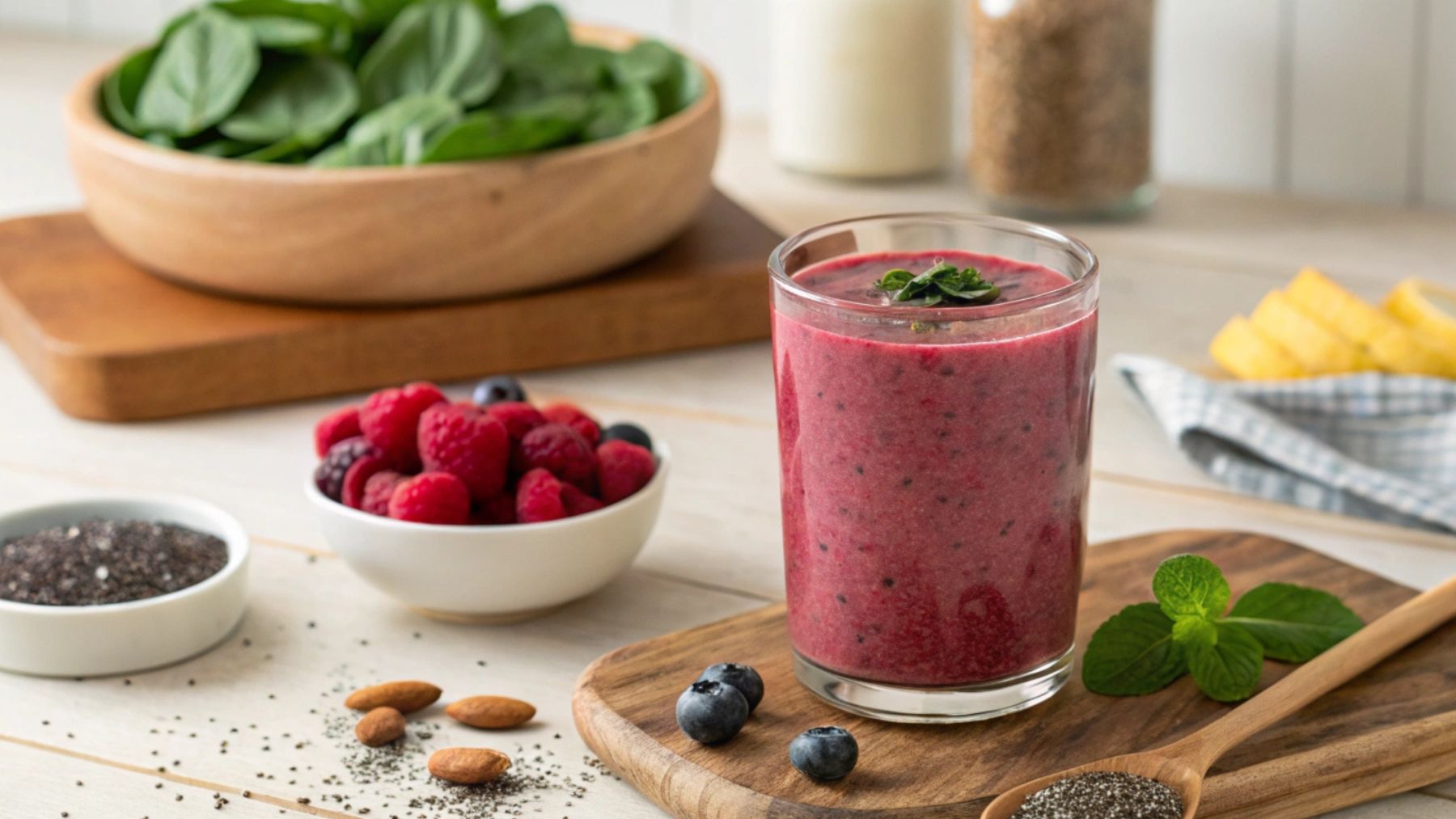If you’re looking to boost your health, a simple rule of thumb could make all the difference: eat 30 plant foods a week. That’s the advice from registered dietitians Haley Bishoff and Nichole Dandrea-Russert. This idea, based on recent scientific findings, highlights the impact of plant diversity on gut health.
Your gut microbiome plays a massive role in your overall well-being. It’s linked to brain function, immune strength, and even heart health. According to these experts, introducing more variety into your diet doesn’t just enhance your gut but it supports a healthier lifestyle.
The science behind 30 plant foods a week
The 30-a-week rule is grounded in research. The American Gut Health Project, one of the largest studies on gut health, found that eating 30 or more types of plant foods each week leads to the most diverse and thriving gut microbiomes. In contrast, diets with fewer than 10 plant types resulted in less microbial diversity, which can negatively affect health.
Plant foods provide essential nutrients, but they also deliver fiber, which is key for gut health. Fiber acts as food for beneficial gut bacteria, helping them grow and flourish. This diversity of gut bacteria has been linked to reduced inflammation, better mental health, and stronger immunity.
It’s important to notice that “plants” don’t mean only fruits and vegetables. Spices, nuts, seeds, whole grains, and legumes count toward your weekly total. For those worried about dietary labels, there’s no need to become vegan or vegetarian; the focus is simply on adding more plants to your meals.
Easy ways to add plant foods to your diet
Here are three meal ideas that pack a variety of plant-based ingredients:
- Balanced smoothie (6 plant foods): Mixed berries, banana, spinach, cinnamon, chia seeds, and hemp hearts.
- Hearty salad (10 plant foods): Arugula, romaine lettuce, purple cabbage, tomato, avocado, chickpeas, sliced almonds, tahini dressing, and collard greens.
- Sesame noodle bowl (11 plant foods): Buckwheat noodles, kale, radish, cucumber, tofu, cilantro, green onion, lime, and tahini dressing.
Each meal can include multiple plant foods and even other small additions like herbs and spices.
Why is it important to incorporate a variety of plant foods?
Different plants offer unique types of fiber and nutrients, feeding a wide range of beneficial bacteria. This diversity helps keep your gut balanced, which can impact everything from digestion to energy levels.
Instead of focusing on what to cut out, think about what you can add. Many people associate eating healthy with restriction, but this is about abundance. By focusing on plant variety, you naturally reduce reliance on ultra-processed foods, which make up more than half of the average American diet.
For optimal health, aim for 30 different plant-based foods a week and at least 30 grams of fiber daily. This combination fuels your gut and supports overall well-being. Remember, it’s not about perfection, it’s about progress. Start with a few small changes, and watch your plate, as well as your health, transform.
